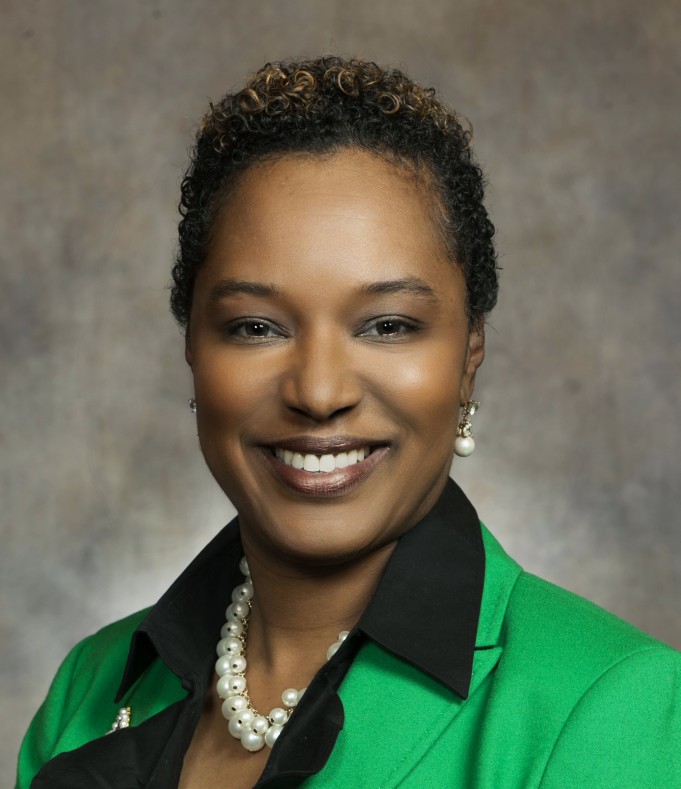At the risk of dating myself, I remember all too well the lyrics from the Public Enemy’s 1990 hit “911 Is A Joke.” I can hear Flava Flav’s voice clearly as he decried the lack of response to emergency calls in black neighborhoods. Infused with a mind-rocking beat, Flav jibed, “Now I dialed 911 a long time ago, don’t you see how late they’re reacting. They only come and they come when they wanna.”
Many people initially misinterpreted that the reference was meant for the police, when actually the rapper was highlighting paramedics who were frequently missing in action or slow to respond to calls for help.
Fast forward to 2018. A rash of conversations with constituents and calls to my office have brought these lyrics close to home. However, this time residents are talking about the police. Frustrated and fearful neighbors are reporting with increased drugs deals openly taking place on city streets. Often, they report a dispatcher saying, “we will see if we can get someone over there, but we don’t have any available squads right now.” As hard-working families or retired seniors watch suburban drug addicts pour onto quiet city streets to purchase heroin or their drug of choice, many of them feel helpless.
Often orchestrated by drug dealers that don’t reside in their neighborhood and frequently in cars with out-of-state plates, residents have said they have given up on calling the police. Equally alarming is the appearance of “trap houses” in communities, that are known drug havens. Absentee landlords usually own these houses and ignore what is going on in the property, as long as the rent is paid. Finally, that frustration has spilled over to legislators, who many in the community feel are non-responsive or not prioritizing their concerns.
But the consistent question that is asked is why officers are increasingly not answering or slowly responding to service calls. Residents pointed to the large officer presence in response to the Sterling Brown situation – one man, eight officers. They questioned the trend in multiple officers sitting behind a squad car at a routine traffic stop. And to their credit, they often spoke to the risks of the job, increased violence against officers, an uptick in certain types of crime, and whether departments were adequately staffed.
Residents who reached out to my office were also exasperated with the Milwaukee Police Department (MPD) asking the community to step up and report crimes, or criminal behavior, and often being rebuffed, dismissed, or ignored altogether when they tried to do the right thing. And sadly, some wondered aloud if they were being punished for the current state of relations between police and the black community around officer-involved deaths or shootings.
All of this weighed heavily on my mind, as we have recently welcomed the new MPD Chief of Police Alfonso Morales and La Keshia Butler, as the new executive director of the Milwaukee Fire and Police Commission. I have been concerned about how these positions have been executed in the past. I welcome this as an opportunity for improvement and to share the concerns of my constituents. Hopefully, they are listening and Morales can answer the question, “If we call 911, will anyone come?” in the affirmative. And if they don’t, Butler will be prepared to help citizens understand what the consequences are. Obviously, their plates are going to be full, but this is as good a place to start as any.




























